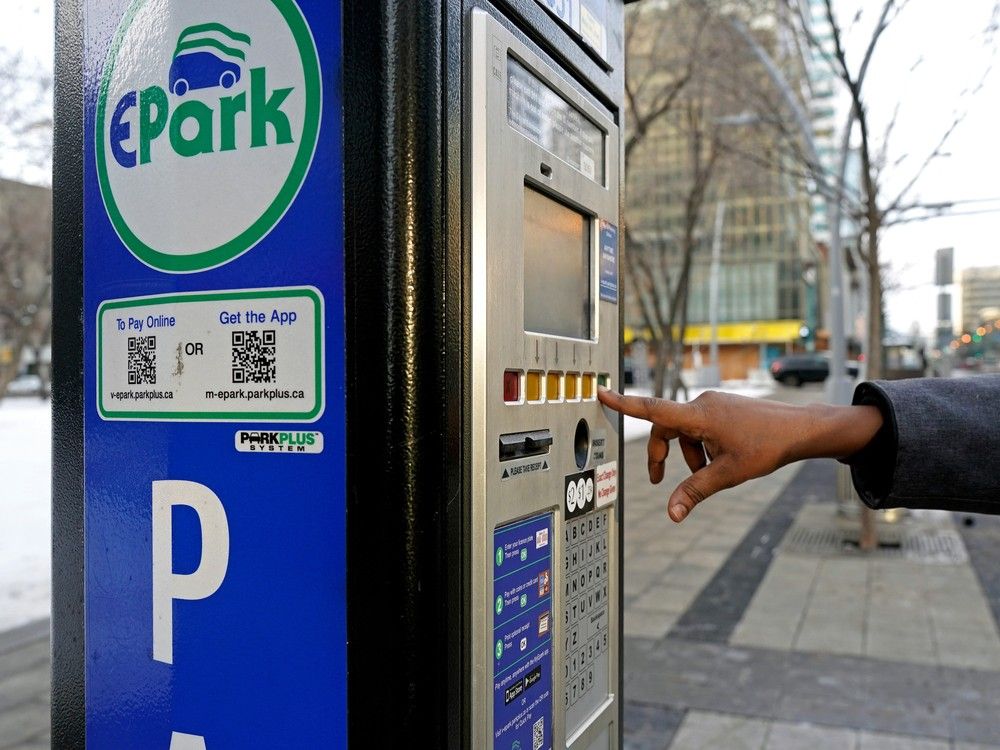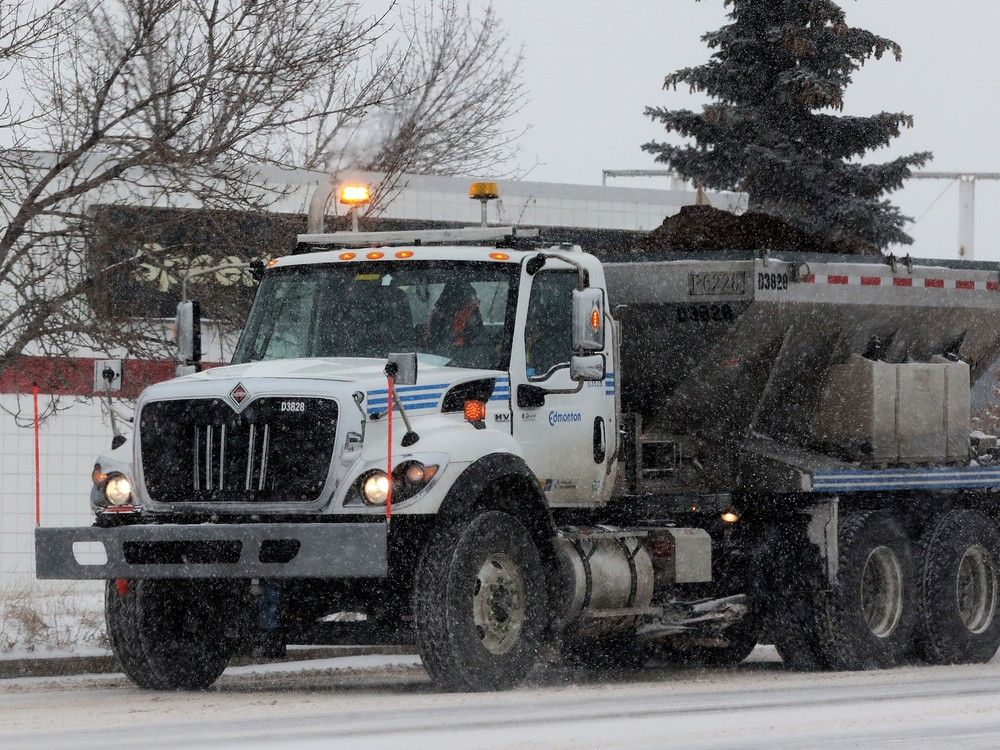December 16, 2022
Edmonton City Council has finalized the 2023-2026 Budget, including the capital, operating and utilities budgets that will deliver the programs, services and construction projects that matter to Edmontonians now and into the future.
“Through this budget, we worked incredibly hard to balance the rising costs your family faces every day due to inflation with maintaining and improving the public services that you told us you rely on. We took meaningful steps to make housing affordable for you and for those who are struggling most, to take action on climate change by funding active modes of transportation, to improve the transit services you rely on and to make the city more equitable by ensuring Edmontonians can access core services across the entire city,” said Mayor Amarjeet Sohi.
After several weeks of deliberations and hearing from 190 members of the public during the non-statutory public hearing in November, Council shaped the 2023-2026 capital, operating and utilities budgets to focus on priority areas of climate action and energy transition, along with community safety and well-being, transit, active transportation, affordable housing and homelessness.
"This was a challenging budget given the need to balance economic pressures, support pandemic recovery, and meet the changing needs of a growing city," said City Manager Andre Corbould. "City Administration will now implement Council's financial direction in three key activities: planning for the future, delivering excellent services, and managing government operations well."
The approved budget represents a 4.96 per cent tax increase in 2023 and 2024, 4.95 per cent in 2025 and 4.39 per cent in 2026. Edmonton households can expect to pay about $725 in 2023 for every $100,000 of assessed home value, an increase of $34 from 2022.
The capital budget is about what the City builds and includes funding for new infrastructure as well as maintenance of existing infrastructure Edmontonians use every day. Over the next four years, the $7.9 billion capital budget will support previously approved projects, including:
- $2.4 billion for LRT expansion
- $518 million for the Yellowhead Trail freeway conversion
- $311 million for the Lewis Farms Recreation Centre.
The capital budget also provides newly committed funding for several projects, including:
- $133 million for rehabilitation of Hawrelak Park
- $100 million to fund the Active Transportation Infrastructure Plan
- $53 million for energy retrofits of City facilities undergoing renewal
- $34.5 million for development of District Energy networks
- $22.9 million for affordable housing land acquisition and site development
- $20 million to acquire land for Metro Line LRT expansion (Blatchford to Castle Downs)
- $11.2 million for planning, design and delivery of emissions neutral fleet and equipment
- $10.1 million for infrastructure improvements in Chinatown
- $7.3 million for ramps at 137 Avenue and Anthony Henday Drive to support the city’s growth
Operating Budget
The operating budget is about the programs and services the City will deliver to Edmontonians over the next four years, along with transformational projects and previous commitments. The approved tax-supported operating budget will increase from $3.3 billion in 2023 to $3.5 billion in 2026. By 2026, the operating budget will include:
- $18.7 million for affordable housing and homelessness prevention and $6.6 million for the affordable housing grant program
- $16.8 million for transit services, including making On Demand transit service permanent and expanded On Demand transit and transit off peak service
- $11.0 million for enhanced snow and ice control
- $6.5 million for energy transition and $2 million for climate adaptation
- $3.7 million for transit safety
Over the course of the 2023-2026 budget cycle, Administration will also decrease spending by $15 million annually and identify options to transition $240 million to support the Council priorities of housing, climate change, public transit and core services.
Utilities Budget
The utilities budget includes the City’s two utilities: Waste Services and Blatchford Renewable Energy. Waste Services and Blatchford Renewable Energy are operated independently of the tax-levy budget and funded through utility rates located on residents’ monthly EPCOR bill.
Council has approved a 0.9 per cent Waste Services utility rate increase in each of the next two years. In 2023, residents will pay:
- 43 cents more each month for households with curbside collection
- 28 cents more each month for households with communal collection
The Waste Services utility provides value to Edmontonians through residential waste, recycling and organics collection, waste reduction initiatives, waste diversion programs and supporting Edmontonians in their waste management practices.
Council has approved a 10 per cent increase in Blatchford Renewable Energy rates for 2023. A typical resident living in Blatchford will pay an additional $6.17 per month. This increase is needed to ensure the financial stability of the utility over the long term and to bring customer rates more in line with the utility’s rate setting principles.
Blatchford Renewable Energy plays a critical role in working towards City Council’s vision for a carbon neutral community by providing renewable energy heating, cooling and hot water services to homes in the neighbourhood.

 www.linkedin.com
www.linkedin.com







